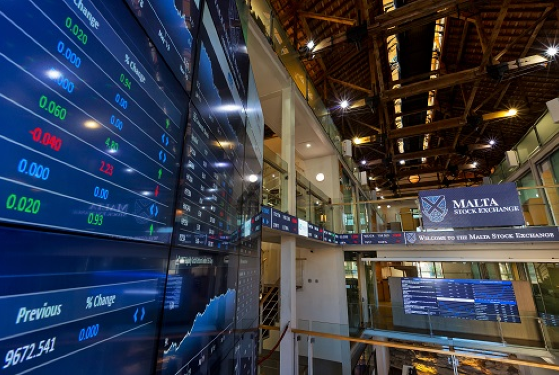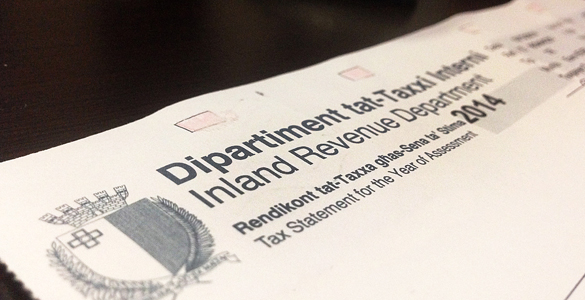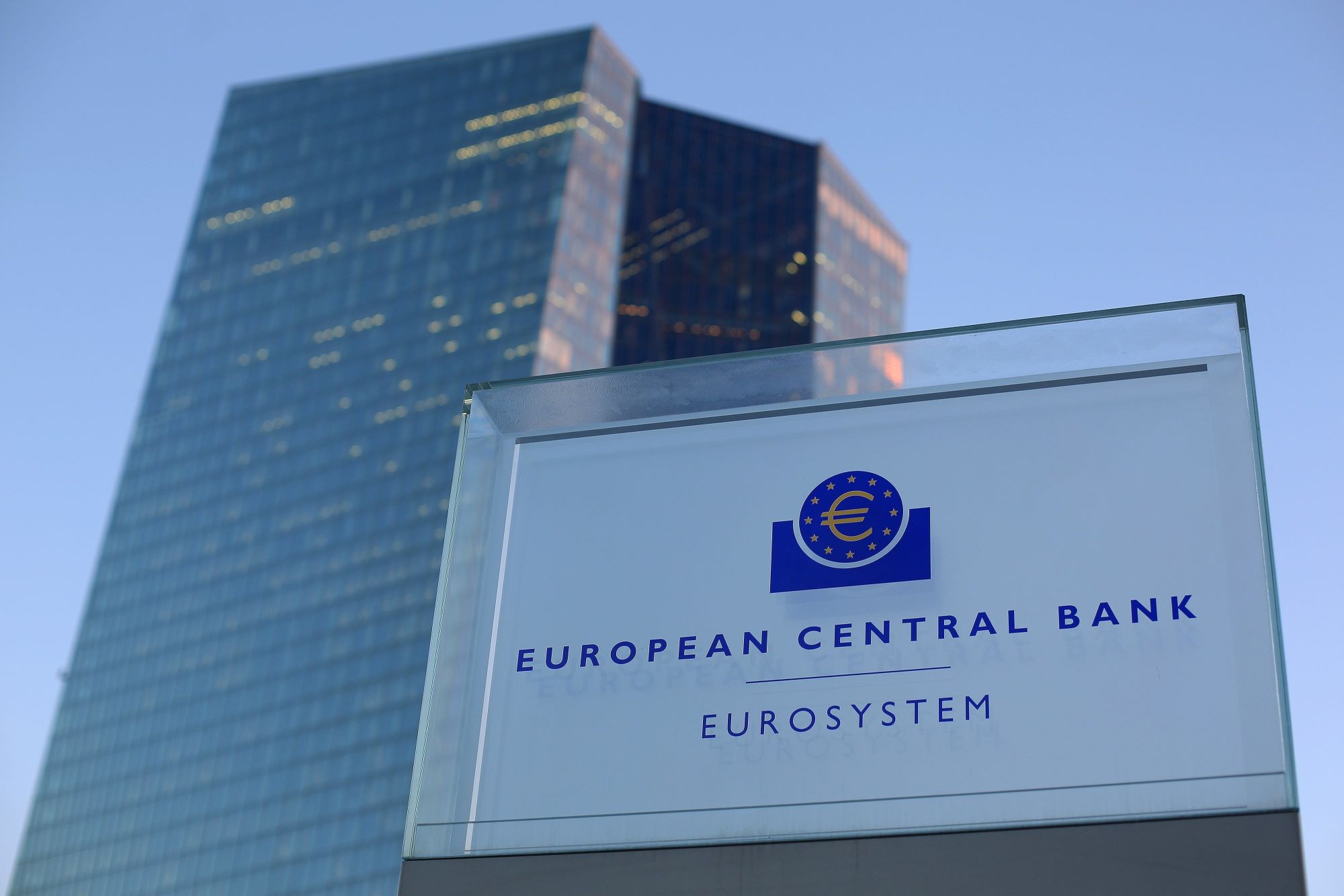Maltese investors’ proclivity for income-bearing bonds over equities like company stocks has long been noted by stockbrokers and financial analysts, who believe that the investing public is missing out on an opportunity to obtain gains that fixed-interest bonds simply cannot match.
This view is shared, in part, by Joseph Portelli, executive chairman of the Malta Stock Exchange (MSE), who is however keen to introduce nuance to a discussion that often seems to devolve into the brow-beating of people who are ultimately simply anxious about the best place to put their money.
“First of all, we need to understand that this is a Mediterranean thing,” he tells BusinessNow.mt. “If you look at the Italians, the Spaniards, and Greeks – they tend to like income-generating assets, and they tend to be quite conservative.”
Is there no hope, then, for the Maltese capital market to see the kind of success story where a company’s valuation multiplies over the years?
Mr Portelli is quick to banish that notion: “If you look at companies like Malta International Airport, or Simonds Farsons Cisk, these things have already happened. Those who invested in these companies when they were first listed have seen their capital grow three, four times over.”
He continues: “The MSE also offers a total return index, based on the whole weight of all listings. I you invested in a basket of shares listed on the stock exchange in 1995, you would see an annualised return of 10 per cent – far higher than the returns available in the bond market.”
“In fact,” he argues, “equities on the MSE have actually done very well.”
Mr Portelli also disagrees that Maltese investors lack the sophistication required to explore equities, pointing out that BOV has over 22,000 shareholders – a significant portion of the adult population.
He does not dismiss the possibility that people could make different investment decisions if financial literacy were more widespread, but believes that a conservative, cautious approach should not and cannot simply be pinned on a lack of knowledge.
“Many – most, actually – just appreciate the ‘guaranteed return’ of a bond,” he says.
That does not mean that the MSE, stockbrokers, or investors themselves should sit back and stick to what they know, however.
“The returns on bonds are certainly attractive, but investors must keep in mind that they are limited to the coupon rate [the listed interest rate],” he says, “whereas the upside on equities is unlimited.”
“With a bond, you can make a certain amount every year. But buy the right stock, and the reward can be much higher.”
Can shareholder communication be improved?
Last week, prominent stockbroker Edward Rizzo argued that local listed companies would do well to take notes from foreign ones, which typically inform the market of their planned performance updates well ahead of time, generating a level of expectation and media interest that eludes the Maltese stock market.
Mr Rizzo wrote: “I feel that very little effort is made by top management and directors of most companies to explain the strategic direction of a company and how the various initiatives could lead to improved returns. Some companies in Malta even fail to organise a market briefing to provide added background on their financial results as well as their future strategy.
“Unfortunately, the large majority of Maltese companies simply fail to dedicate sufficient time and effort to communicating effectively with the market and this is clearly showing in the indifference by some market participants towards the entire equity market.”
Mr Portelli sees the wisdom of this argument: “He might have a point,” he says. “Communication is always a good thing.”
He speculates that a move to quarterly updates, as is the norm in developed markets – and as opposed to a biannual schedule for most Maltese companies – could be one part of the shareholder communication puzzle by allowing more timely sharing of key information.
However, he sees little appetite among local companies to make particular efforts in this regard.
Top 5% of taxpayers responsible for one-third of all income tax paid in Malta
On the other hand, the bottom third of income earners pay just 1.7% of all income tax generated
The Malta Institute of Accountants prepares for its 2024 Anti-Money Laundering Conference
Held at the Radisson Blu, St Julians, this latest AML Conference promises to bring exclusive insights on new procedures
Eurozone interest rates to remain unchanged
The European Central Bank noted that price pressures remain persistent






